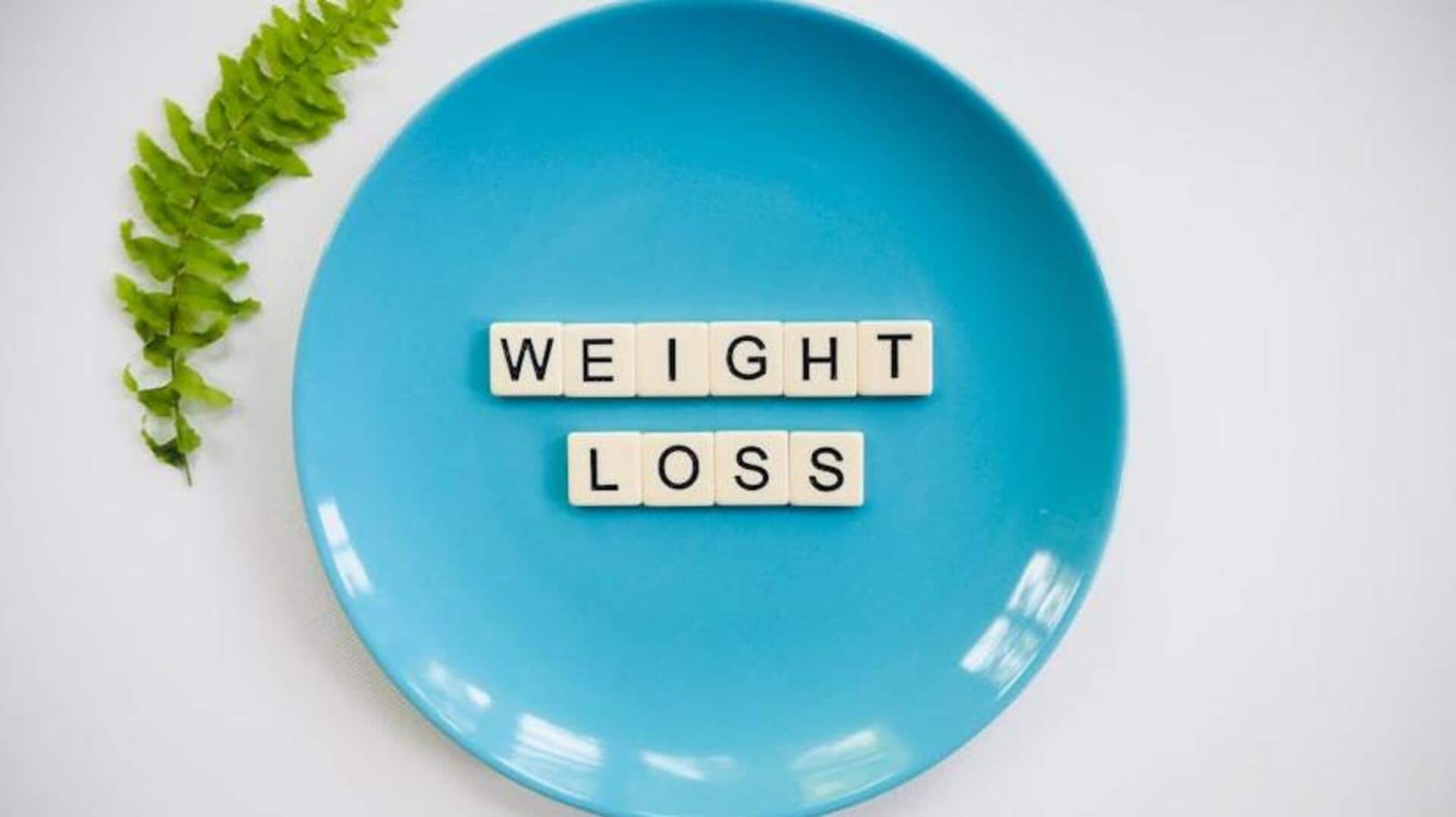
Heart rate and weight loss: Real connection explained
What's the story
Many people think that by keeping your heart rate in a certain zone while you exercise, you can burn more fat.
This idea has given rise to all kinds of workout plans designed to keep you in that so-called "fat-burning zone."
But the truth is, the connection between your heart rate and losing weight isn't so straightforward.
Myth 1
The myth of the fat-burning zone
The "fat-burning zone" is a myth, and a classic case of oversimplification.
It's true that your body burns a higher percentage of fat during lower intensity exercises, while high-intensity workouts burn more carbohydrates.
However, the key to weight loss is the total number of calories burned, not the type of calorie.
Concentrating solely on the fat-burning zone ignores the bigger picture of total caloric expenditure.
Myth 2
High-intensity workouts aren't effective for fat loss
High-intensity workouts are the secret sauce for weight loss.
While they mainly burn carbs during exercise, they supercharge your metabolism afterwards - way more than their lower intensity cousins.
This means you keep torching calories long after you've stopped sweating, helping you shed those extra pounds and strengthen your heart.
Myth 3
More exercise equals more weight loss
Contrary to the belief that doubling your workout will double your weight loss, the reality of exercise and weight loss is a bit more complex.
While exercising more does burn additional calories, there's a catch: do too much, and you risk overtraining, increased appetite, and potential injury.
Instead, a balanced approach of regular physical activity combined with mindful nutrition choices is key to sustainable weight loss.
Myth 4
Only cardio burns fat
Thinking only cardio burns fat ignores strength training's secret weapon.
It builds muscle, which raises your resting metabolic rate, meaning you burn more calories—even when you're not exercising!
Combining workouts fights off boredom, guarantees well-rounded fitness, and optimizes fat loss.
This way, you're not just losing weight—you're building a healthier, more sustainable lifestyle.